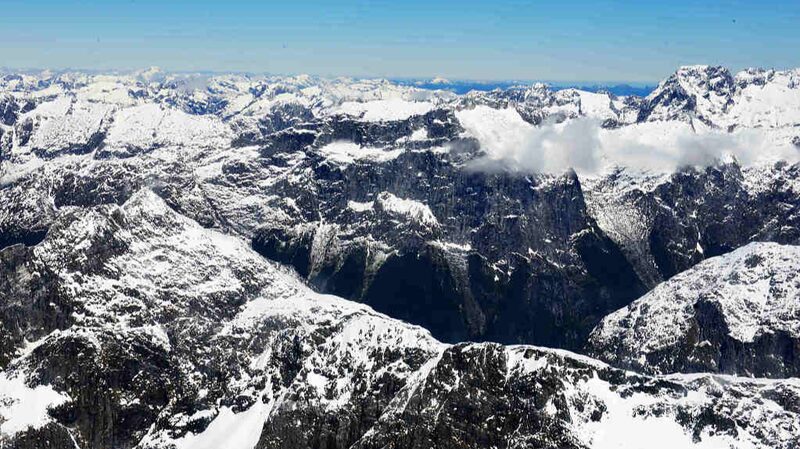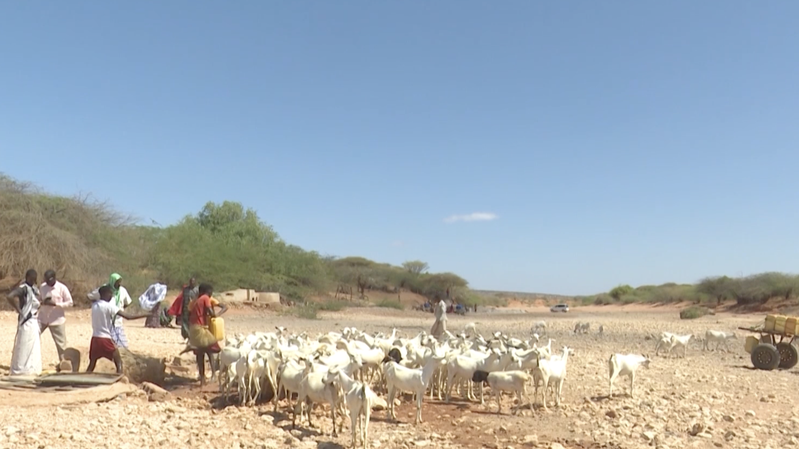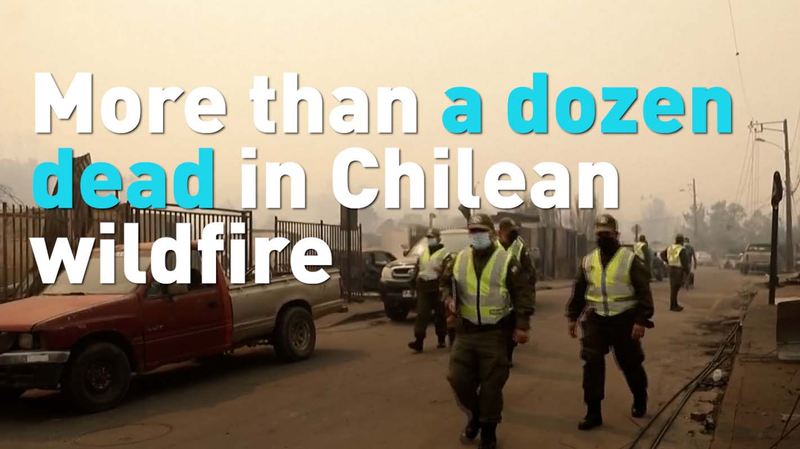New Zealand's glaciers are disappearing at an alarming rate, scientists have reported, highlighting the urgent effects of climate change on the country's iconic Southern Alps. A recent aerial "snowline survey" conducted by the National Institute of Water and Atmospheric Research revealed that the snowline has been steadily rising, with the pace of glacial ice loss accelerating in recent years.
Principal scientist Andrew Lorrey emphasized the severity of the situation, stating, "Overall, the snowline has been rising and in the most recent years we're seeing that rise accelerate, so we're experiencing a continued trend of glacial ice loss." The once-majestic glaciers now appear "smashed and shattered," serving as stark reminders of the persistent impacts of global warming.
This trend not only affects New Zealand's natural landscapes but also has broader implications for global climate patterns and local ecosystems. As the glaciers recede, freshwater sources could be impacted, altering habitats for both wildlife and human communities that depend on these icy reservoirs.
Efforts to monitor and mitigate climate change are more critical than ever, as New Zealand joins other nations in facing the tangible realities of a warming planet. The ongoing research aims to provide actionable data to inform policies and conservation strategies aimed at preserving what remains of the country's fragile glacial environments.
Reference(s):
cgtn.com




